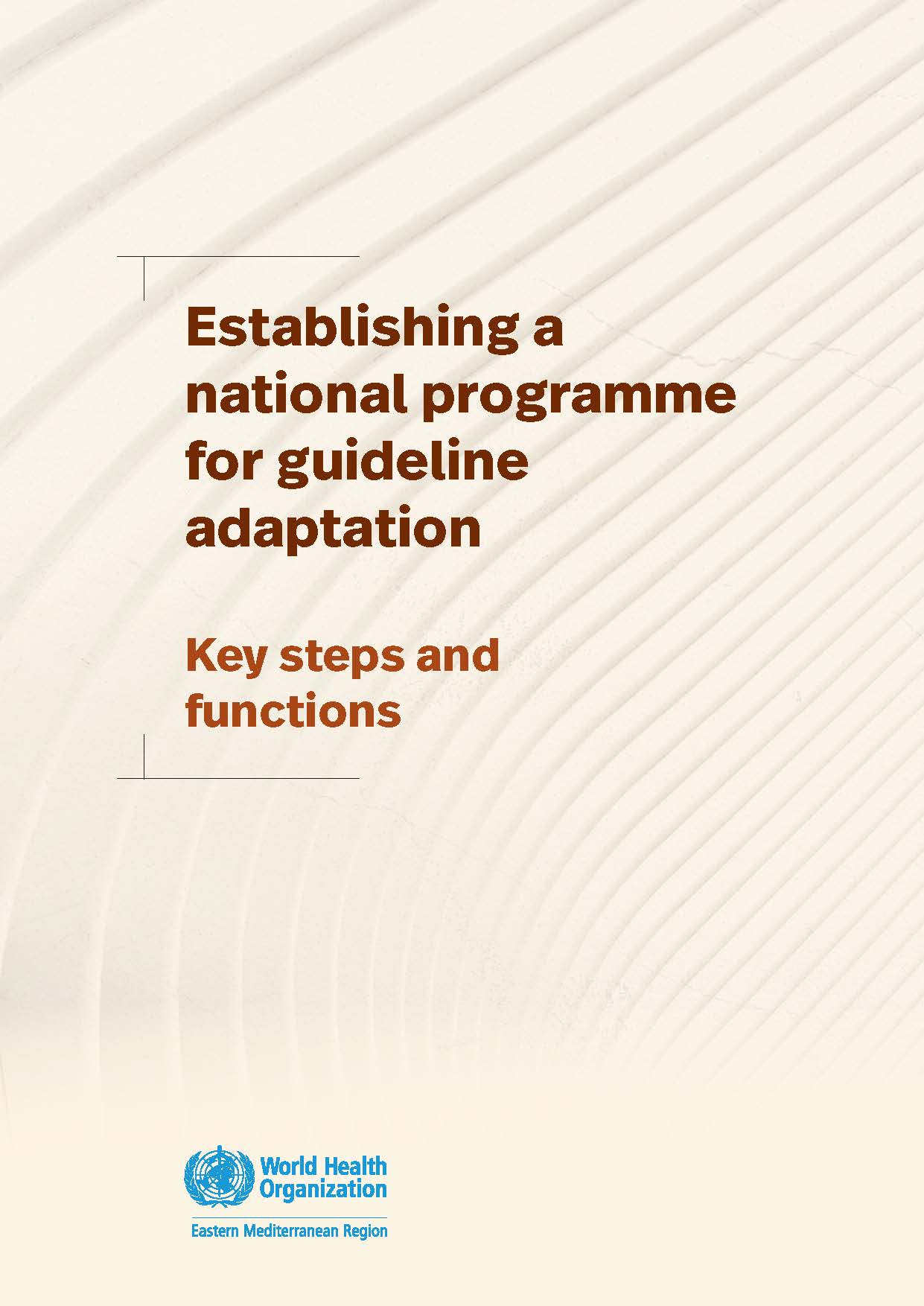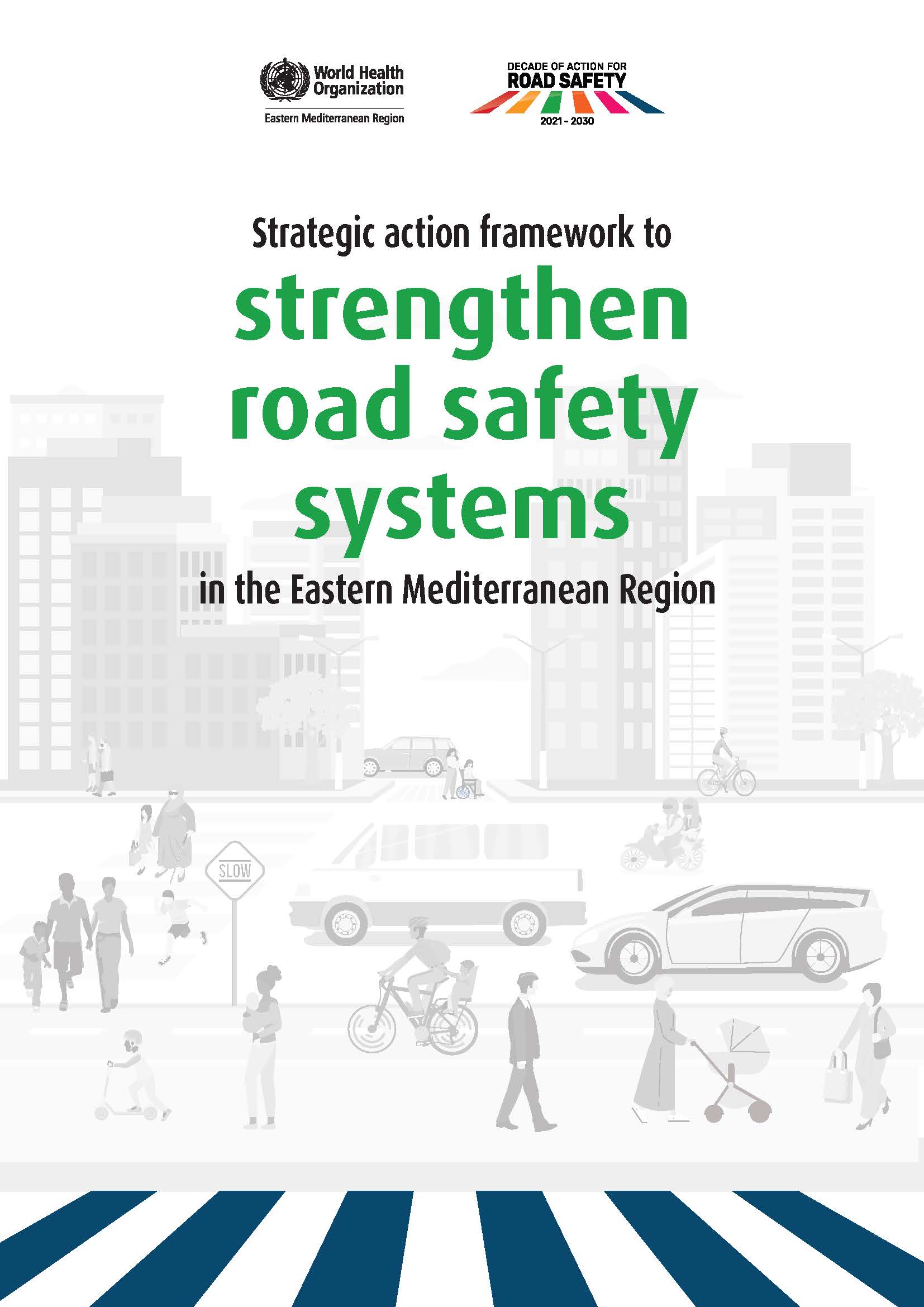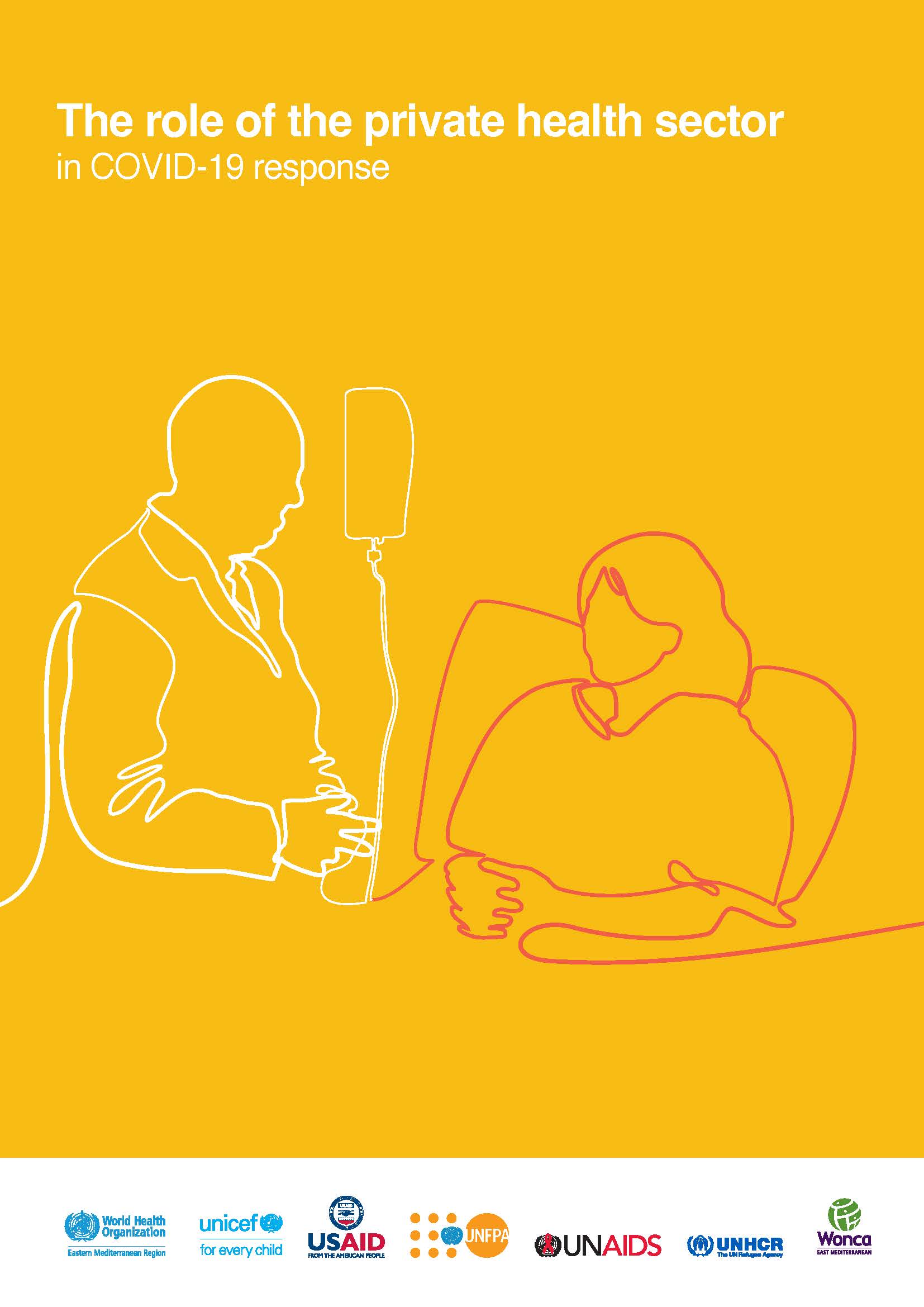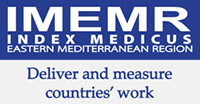Latest publications
Establishing a national programme for guideline adaptation: key steps and functions
 Establishing a national programme for guideline adaptation: key steps and functions
Establishing a national programme for guideline adaptation: key steps and functions
WHO defines guidelines as systematically developed statements that recommend a particular course of clinical, public health or health system action, often for professionals and citizens, sometimes for organizations and governments. The importance of clinical practice and public health guidelines in transforming knowledge into action during public health functions, health care delivery and clinical practice is paramount. Guidelines cover a wide range of public health, health system and clinical topics and are developed using processes and methods to ensure they are of high-quality and contain credible recommendations. Guideline recommendations help the users to make informed decisions, based on the best available evidence, on whether to undertake specific interventions, clinical tests or public health measures, and on where and when to do so
Strategic action framework to strengthen road safety systems in the Eastern Mediterranean Region
 Strategic action framework to strengthen road safety systems in the Eastern Mediterranean Region
Strategic action framework to strengthen road safety systems in the Eastern Mediterranean Region
This strategic action framework to strengthen road safety systems in the World Health Organization (WHO) Eastern Mediterranean Region was developed with the vision of having a region free of road traffic fatalities and serious injuries, where no one dies or is injured while using a sustainable road transportation system. The framework is intended to support Member States in their efforts to implement United Nations General Assembly resolution A/74/L.86 on improving global road safety, which declared a Decade of Action for Road Safety 2021–2030 with an ambitious target to reduce road traffic deaths and injuries by at least 50% by its end. The resolution also “Requests the World Health Organization and the United Nations regional commissions, as well as other relevant United Nations agencies, to continue the activities aimed at supporting the implementation of the road safety-related targets in the 2030 Agenda, while ensuring system-wide coherence”. A global plan based on the Safe System approach was thus developed by WHO and the United Nations regional commissions in cooperation with partners in the United Nations Road Safety Collaboration and other stakeholders and launched in October 2021 as a generic guide for implementation of the Decade of Action.
The role of the private health sector in COVID-19 response
 The role of the private health sector in COVID-19 response
The role of the private health sector in COVID-19 response
COVID-19 presents extraordinary challenges to health systems around the globe, requiring the cooperation of all health actors at every level. In the Eastern Mediterranean Region of the World Health Organization (WHO), the private health sector is responsible for 53% of inpatient services and 66% of outpatient services and is, therefore, a major stakeholder in the COVID-19 response.
All publications
Bibliographic databases

Index Medicus for the Eastern Mediterranean Region
Index Medicus for the Eastern Mediterranean Region
For indexing, abstracting, archiving and sharing regional health knowledge, including citations from more than 800 peer-reviewed journals published in 20 countries
IMEMR Journals Directory (IMJD)
IMEMR Journals Directory (IMJD)
Index Medicus Journals Directory (IMJD) is a comprehensive repository for the bibliographic information on peer-reviewed health and biomedical sciences journals published in the Region and indexed in the Index Medicus for the Eastern Mediterranean Region (IMEMR).
Institutional Digital Repository (IDR)
The Institutional Digital Repository (IDR)
The Institutional Digital Repository (IDR) of the Regional Office for the Eastern Mediterranean was launched in October 2011 in order to improve accessibility to documents of WHO governing bodies, the annual reports and message of the Regional Director, technical and intercountry meeting reports.
Arabic MeSH
Arabic MeSH
For indexing, organizing and retrieving information and information products in Arabic
Health knowledge initiatives

HINARI
HINARI
Access to one of the world's largest collections of biomedical and health literature for developing countries
Research4life
Research4life
Access to academic and professional peer-reviewed online content for developing countries
Global Health Library (Global Index Medicus)
Global Index Medicus (GIM)
International platform to promote and link mainstream, regional, national and local health information
Visit the library

WHO staff and visitors to the Regional Office are encouraged to visit the library and access a range of print materials and electronic resources available at the resource desk.







